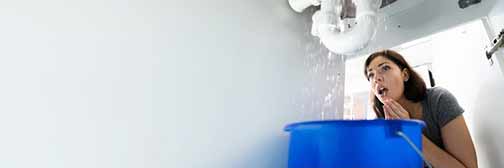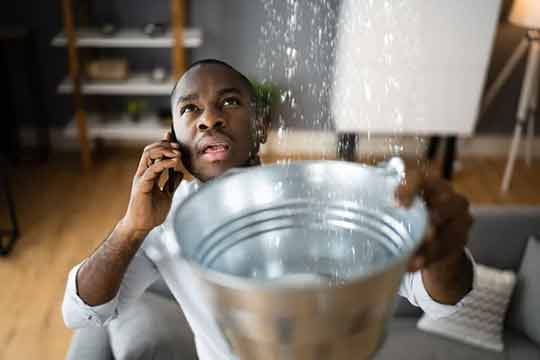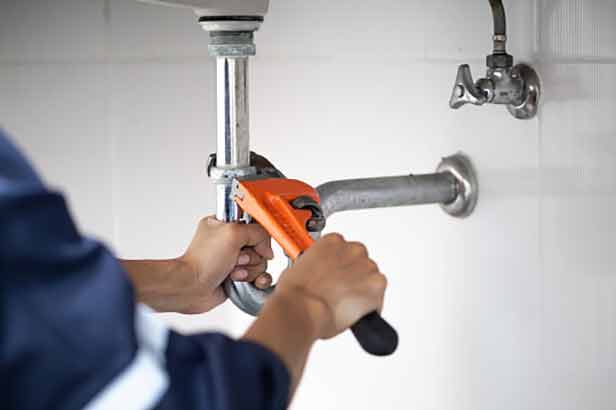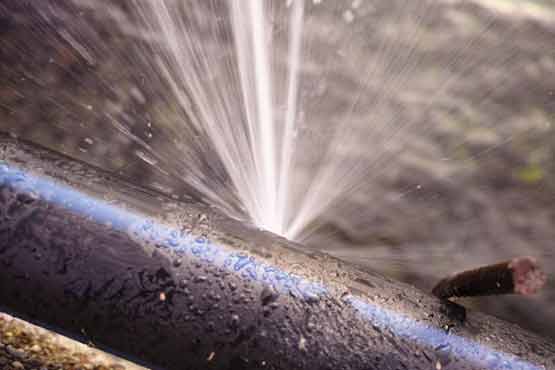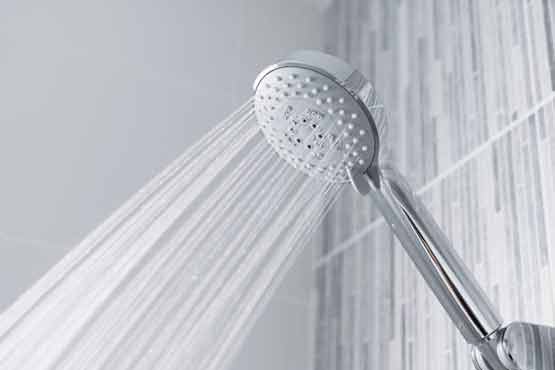Understanding the Unique Plumbing Challenges in Chicago
Chicago, known for its icy winters and sweltering summers, presents unique challenges for plumbing systems. The fluctuating temperatures can cause pipes to expand and contract, leading to potential leaks or bursts. Understanding these specific challenges is the first step in recognizing a plumbing emergency quickly.
Signs of a Plumbing Emergency
Recognizing the signs of a plumbing emergency is crucial for prompt action. Here are some common indicators:
Sudden Drop in Water Pressure
A sudden and significant drop in water pressure can indicate a serious issue such as a burst pipe or a major leak. This can lead to water damage and should be addressed immediately.
Unusual Noises from Pipes
If you hear gurgling, banging, or whistling noises from your pipes, it could signal a blockage or air trapped in the pipes. These noises often precede more serious issues and should not be ignored.
Water Discoloration
Discolored water, especially if it appears rusty or murky, can indicate pipe corrosion or contamination. This is a health hazard and requires immediate attention.
Persistent Clogs
While occasional clogs are normal, persistent or multiple clogs in different drains suggest a more severe blockage in the main sewer line. This can lead to sewage backups and flooding.
Unpleasant Odors
Foul smells coming from your drains or around your home may indicate a sewer line issue or a broken vent pipe. These odors are not only unpleasant but can also pose health risks.
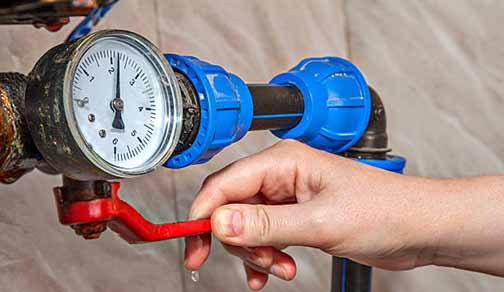
Locate your main water shut-off valve and turn it off to prevent further water damage.
Immediate Actions to Take During a Plumbing Emergency
When faced with a plumbing emergency, quick action can minimize damage. Here are steps you should take:
Shut Off the Water Supply
Locate your main water shut-off valve and turn it off to prevent further water damage. This is especially important in the case of a burst pipe or major leak.
Turn Off Electrical Appliances
Water and electricity are a dangerous combination. Turn off any electrical appliances near the affected area to prevent electrical hazards.
Try Temporary Fixes
If you can, use temporary fixes such as pipe clamps or plumber’s tape to control leaks until a professional arrives. These are not permanent solutions but can help mitigate damage.
Document the Damage
Take photos and notes of the damage for insurance purposes. This documentation can be crucial for filing a claim and getting the necessary repairs covered.
When to Call a Professional Plumber
While some minor plumbing issues can be handled with DIY solutions, certain situations require professional intervention:
Major Leaks or Bursts
If you cannot control a leak or if a pipe has burst in your home, it’s time to call a professional plumber. These situations can cause extensive damage quickly and need expert handling.
Sewage Backups
Sewage backups are not only messy but also pose serious health risks. A professional plumber has the tools and expertise to address the root cause and ensure safe cleanup.
Water Heater Issues
Problems with your water heater, such as no hot water or strange noises, should be addressed by a professional. Attempting to fix a water heater without proper knowledge can be dangerous.
Frozen Pipes
In Chicago’s cold winters, frozen pipes are a common issue. If you suspect a frozen pipe, call a plumber to safely thaw it and prevent it from bursting.
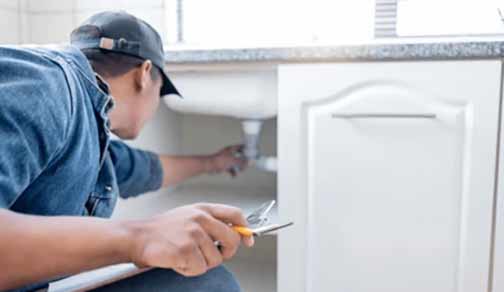
Schedule regular plumbing inspections to catch potential issues before they become emergencies. A professional plumber can identify and fix small problems early.
Preventive Measures to Avoid Plumbing Emergencies
Prevention is always better than cure. Here are some preventive measures to avoid plumbing emergencies:
Regular Maintenance
Schedule regular plumbing inspections to catch potential issues before they become emergencies. A professional plumber can identify and fix small problems early.
Insulate Pipes
Insulate your pipes, especially those in unheated areas, to prevent them from freezing during winter. Pipe insulation is a simple and effective way to avoid bursts.
Proper Disposal Practices
Avoid disposing of grease, oil, and large food particles down the drain. These can cause blockages and lead to plumbing emergencies. Use strainers to catch debris.
Monitor Water Pressure
High water pressure can strain your pipes and cause leaks. Use a water pressure gauge to monitor and regulate the pressure in your home.
In Conclusion
Being prepared and knowing how to quickly recognize a plumbing emergency can save you time, money, and stress. By understanding the unique challenges of Chicago’s climate, recognizing the signs of an emergency, taking immediate action, knowing when to call an emergency plumbing professional, and implementing preventive measures, you can handle any urgent plumbing issues with confidence. Keep this guide handy and stay vigilant to ensure your home’s plumbing system remains in good condition.
